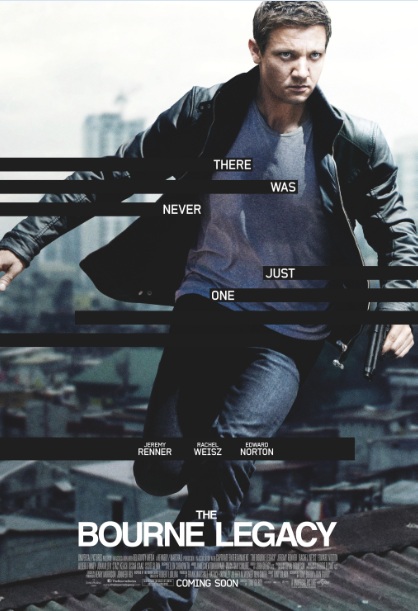One has to remain open to these things. One does - one day, they'll make a good'un, and you kinda have to be there to see that when it happens.
Okay, wow, way to give the game away early, Ross. Fuck it, have this, I'm putting my feet up:
Oh...you're still here. Fine, I'll write something...Jeez, you guys are pushy.
So I was clued into this by a friend who's read the books - according to both her, and the literary community at large, they're actually a pretty neat riff on the whole 'urban fantasy' thing, and were begging to have a movie made out of them. I can't honestly comment on the books - I've not read 'em, and I'm assured that they're 'completely bloody different!' from this trainwreck, so let's proceed to verbally beat the shit out of it, shall we?
I suppose the most disappointing thing is that there was almost certainly a good film to be made from the script as is. A few cheesy (and we're talking Camembert levels of stink here) lines and some braindead decision-making aside, the story is actually surprisingly solid: in a modern world where 'every story you ever heard is true', there exists a breed of human known as the Shadow Hunter, who spend their waking hours fighting the unwinnable, but essential war against the forces of darkness. Clary is not one of these people - but she can see them, even when they use runes tattooed onto their skin to turn invisible. As she tries to figure out why, she becomes embroiled in a plot from within to undo the hunters, and their hidden-in-plain-sight base, The Sanctuary.
It's at the very least interesting on its own terms - the mythology surrounding it in particular is most intriguing. It's a great shame that the execution is a stumbling, shambolic mess.
This is almost entirely down to director Harald Zwart. The cast is decent, the production values solid and the script, despite the aforementioned stinkers, is a surprisingly tight adaptation - there's even some pretty decent special effects thrown into the mix. But Zwart botches it - it's clear that the extent of his familiarity with the fantasy genre is that it exists, and is mildly popular just now. There's not a single ounce of flair, style or substance in any of the framing, fight choreography or staging. Battles lack any sense of tension or threat. Romance comes off as dumb and corny as shit because of a soundtrack that's either intrusively, obnoxiously obvious, or as dull and pointless as the staging.
Worse, Zwart fails to recognise when the characters he's marshalling are being utterly, utterly stupid. Case in point? Our heroine develops a power that can freeze adversaries in time - but rather than butchering the demons where they're stuck with their fancy demon-slaying weaponry, they move through the pack of claw-based death and leave them there. We're then supposed to care when the creatures reanimate themselves after the spell wears off, and murder a bunch of werewolves. You do know swords have unlimited ammo, right guys?
The only thing that saves it from being thrown in the same bin as AvP2 and Battlefield Earth is that admid the turgidity, there're a few few-and-far-between moments where the strength of the story and mythology shine through. A flame-thrower that appears to fire holy napalm? Awesome. Mozart was actually a musical engineer who developed sequences of chords that sounded lovely to humans, but like nails on chalkboard to demons? Genius (even if Clary brazenly forgets this fact a mere 8 hours after she learned it). But as said, there's just not enough of them present for the film to pull itself from the mire. The cast are actually also do admirably considering the non-entity at the helm - Lily Collins and Jamie Campbell Bower were perfect castings, if the fan art I've googled is to be believed, and Robert Sheehan (of Misfits fame) sports an impressively honed American accent, and a decent performance to boot. In fact, his part of the film is the only one that's not hideously mishandled, and there's no doubt that it's down to his chemistry with Collins that this works.
It's just a massive shame all round - this had the promise to be the anti-Twilight, a Shadowrun for tweens. Alas, what we've got is a watered-down pap - an incredibly basic film that's intended to sell its crappy teen-pop soundtrack and pictures of the admittedly highly attractive leads. Nothing more. Nothing about it works, it's only sporadically enjoyable, and if you've ever seen a single action-fantasy movie before this one, you'll facepalm at least three times in its bloated run-time. Unless you're interested in your eyeballs attempting to escape from your face in desperation, avoid.
(still)































